The craft beer secret is out. Craft beer sales are booming, exports are sky-rocketing and everyone from barley growers to hop farmers are hoping to cash in on the action. It’s not just about the money. The independent, self-grown craft beer spirit inspires small, homegrown projects (including this website). Every week there’s another story about a small farmer looking to grow into the industry, but just because craft beer has taken off doesn’t mean that starting a business is any easier.
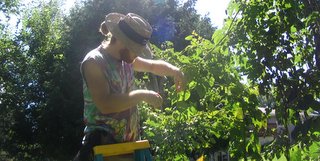
Local hop farming is a trend that’s sprouting up across the country, literally. In Schuyler, N.Y., David Pasick got the idea to go into hop farming when he found wild hops growing on his barn. He was a big focus in the Utica, N.Y., Observer-Dispatch feature about the budding hop growing interest in New York — one that hopes to supply local craft brewers.
From the Observer-Dispatch:
Hops farming has increased in the state within the last 10 years, said Steve Miller, hops specialist for Cornell Cooperative Extension of Madison County. Just within five years, the state has seen acreage increase from 15 acres to 120 acres set for this spring, he said.
Cooperative Extension also has a website that encourages people to help locate hops that are found in the wild.
These independent growers contrast the organized industry hops growers such as Yakima Chief Inc. and large suppliers like Hopunion LLC. Instead, these small start-ups focus on local supplying. Last year, New York passed a law for a Farm Brewery license that would allow brewers to sell their products off-premises as long as 20 percent of their hops used and 60 percent of all their ingredients were grown in New York state.
However, right now, it seems that local-sourced hops are in scarce supply. The Observer-Dispatch turned to Ommegang Brewery for insight:
“Anybody who’s using local hops, they’re either doing really tiny batches or gathering enough to do one (brew) and not repeating it,” said [Larry Bennett, public relations and creative services person for Ommegang Brewery]. “There’s just not enough volume.”
The huge costs of hop farming start-up might be one of the issues preventing hop farming growth. The 18-foot trellises alone can cost upward of $10,000 to $15,000. Ian Ward, president of the Brewers Supply Group, told us in our hop trends feature story that all the factors add up: “The 18-foot trellises, pitching and drying equipment, trucks, tractors and massive pieces of machinery that site idle for 10 months out of the year all add up for a grower.”
That’s not stopping Pasick, who plans to use Kickstarter, a crowd-funding website where individuals can pledge to support entrepreneurial goals, to raise at least $10,000 in start up cash. Check out the full Observer-Dispatch story for more of Pasick’s plans. As more specialty farming projects pop up around the country, Craft Brewing Business will keep you up to date on the latest developments.

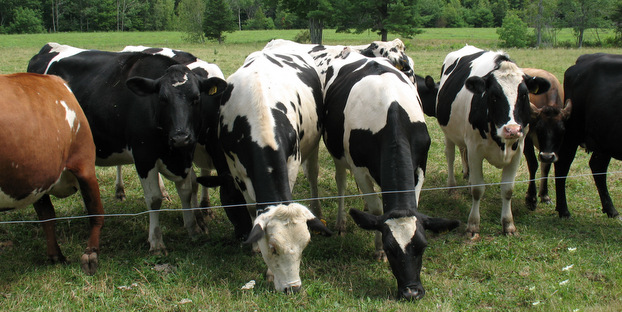
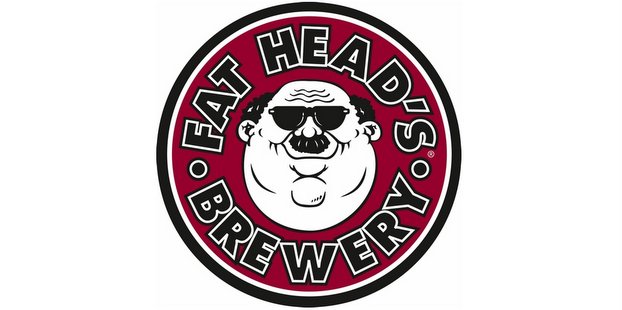
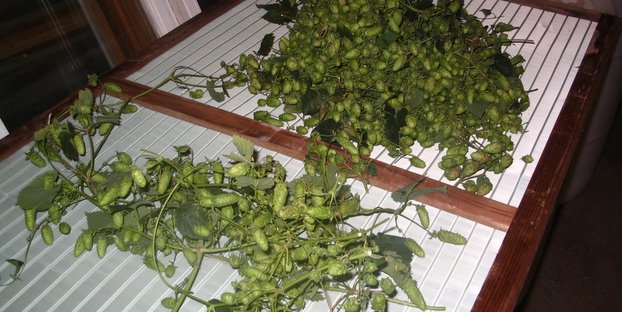
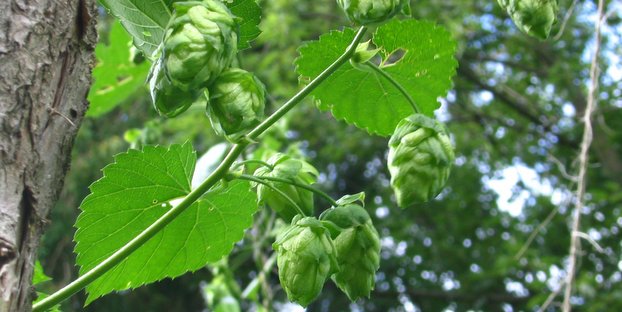
MaineHopGrower says
Here in Maine we see a handful of very small growers, all struggling to push beyond the backyard model due to the overhead cost of processing equipment.
Hop Growers are a special breed! They’ve always been willing to risk it all every year when times are bad. It’s… http://t.co/dDQqIcNOSP
Hop Growers are a special breed! They’ve always been willing to risk it all every year when times are bad. It’s… http://t.co/Tfs9OVhOko
Nathan Stano liked this on Facebook.
The Fat Cat Beer Company liked this on Facebook.